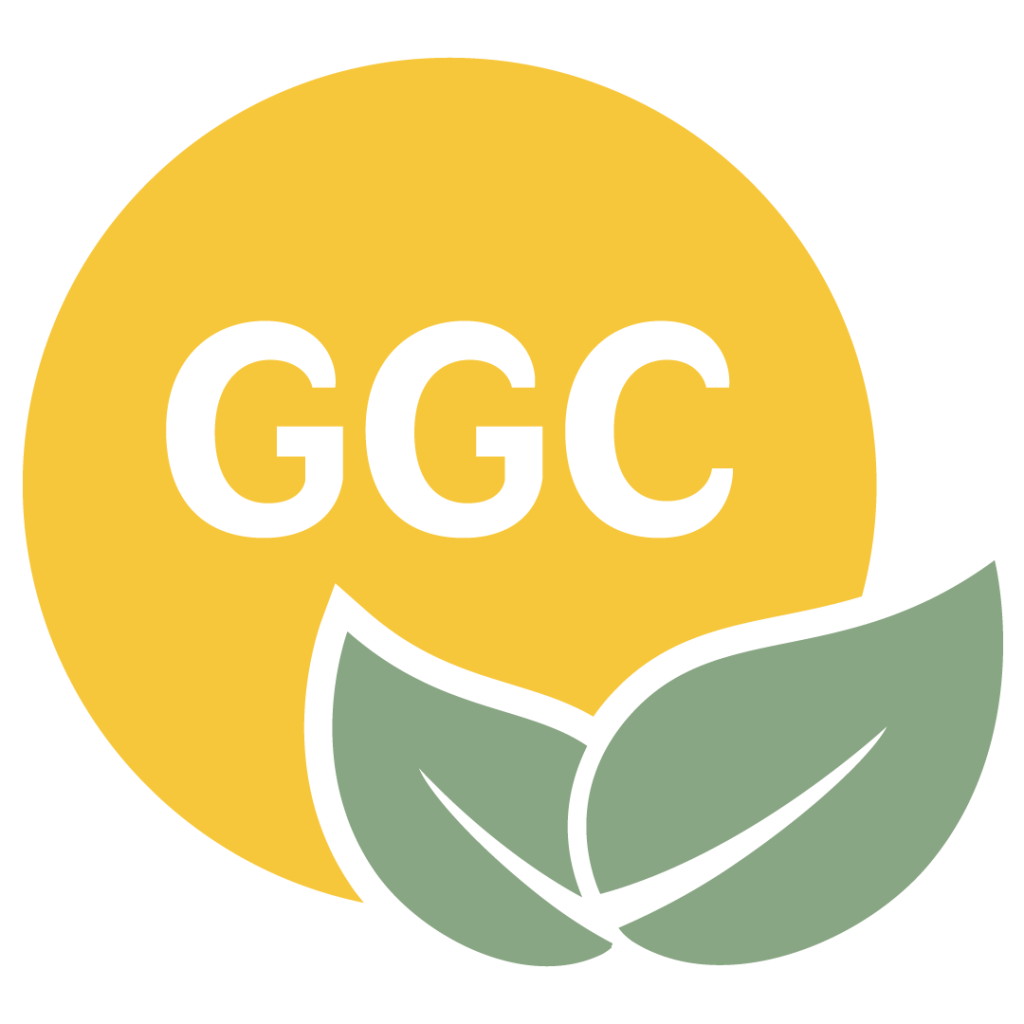Free School Meals for a Greener World
Imagine a world where school meals aren’t just plates of food; they’re exciting adventures served with a side of sustainability. With schools adopting longer schedules and students desiring for healthy, sustainable meal options, the conversation on school lunches has never been more crucial. Denmark, known for its liberal approach to school lunches, faces a pivotal moment. The country has the unique opportunity to redefine its approach to school meals, integrating nutrition, learning, and sustainability. On 29 September At the School Food Forum at the Frederiksberg City Hall a group of experts, educators, policymakers, and our dedicated team at Crossing Borders gathered to discuss and co-create the future of school meals in Denmark. The day started with the energy of young minds in the Young People’s Foodlab, showcasing innovative proposals for green food solutions. This demonstrated how project-based learning and youthful creativity can integrate into sustainability education. The event was also graced by Jacob Jensen, Minister for Food, Agriculture, and Fisheries, who set the stage with insights into the past, present, and future of school meals in Denmark. As for the Crossing Border’s presence at the event, We were proudly presenting “Growing Green Communities” program. This initiative is more than just a project, it’s a vision for a healthier, sustainable future. “Growing Green Communities” Project aims to understand the pathways of change in urban food production and consumption, we encourage young people to support communities in initiating urban gardening projects. It’s about empowering young gardeners, promoting plant-powered diets, and supporting local food heroes. Through this initiative, every meal becomes an opportunity for learning, fostering a deeper connection between food, sustainability, and community. The event culminated in a powerful discussion about the significance of healthy school lunches and different perspectives of school food policies, involving CB team members from various countries. It showcased Crossing Borders’ commitment to diversity, inclusivity, and the belief that every child deserves access to nutritious meals for a brighter future. Our presence at this event symbolizes our dedication to shaping a world where education, nutrition, and sustainability intersect harmoniously. The importance of providing healthy meals lies at the heart of Crossing Borders’ mission, because at Crossing Borders, every meal is a story, and every story is a step towards a better, greener world. Written By: Luka Tsibadze
Free School Meals for a Greener World Read More »






